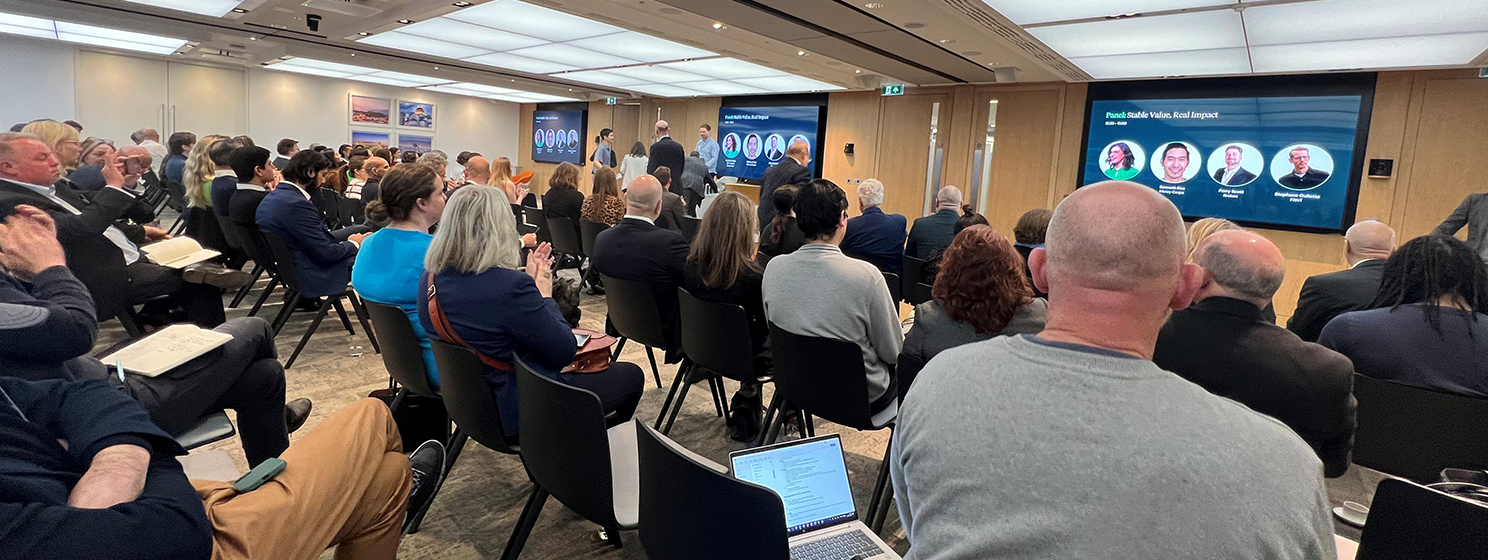|
Getting your Trinity Audio player ready...
|
It’s time to think deeper about what IPv6 can do for Bitcoin. Dr. Craig S. Wright continues the discussion on networks and their natures, efficiency, the myth of AI and the perils of communism in the second session of the latest The Bitcoin Masterclasses series, held in Ljubljana, Slovenia.
You can watch the entire Bitcoin Masterclasses series of eight sessions here. This event has a greater focus on workshops, so feel free to skip through the breakout times.
Dr. Wright begins the second session by splitting the audience into six workshop groups to focus on different protocols within the IPv6 protocol suite and start thinking of applications and ways to use them. He clearly enjoys the classroom and workshop environment, encouraging discussions, self-research and discovery, and questions at every opportunity.
The topics are:
– IPSec (Internet Protocol Security), an encryption and tunneling protocol, built-in to IPv6 and enabled generally, that encrypts and authenticates data packets. It is also used to create virtual private networks (VPNS);
– NDP and SEND (Neighbor/Network Discovery Protocol and Secure Neighbor Discovery), which is a way to find other machines and allocate information;
– CGA++ (Cryptographically-Assigned Addresses);
– MobileIP and proof of identity;
– Efficient Sending: when to use one-to-one, one-to-many, Anycast, overlay networks;
– AH/ESP (Authentication Header and Encapsulating Security Protocol), data origin authentication which hashes and validates data to make sure nothing in a packet has been altered.
Most importantly, how would you utilize these new IP features by building them into a Bitcoin wallet? “That’s your job,” Dr. Wright says. IPv6 has so many useful tools that many people forget they’re even there—but they can be leveraged to create useful applications if you understand them. Some of them have been around for so long that their original patents have expired, he notes.
As the groups demonstrate, there’s still a lot of thinking to be done and plenty of ideas yet to be discovered.
Dr. Wright reiterates the concept of “resilient networks” from the first session, saying that for a network to be truly resilient you must be able to remove and add nodes without impacting the transfer of information. “Bitcoin is about making an incredibly, super-resilient network” that will run for hundreds of years without downtime. “It’s not about decentralization per Karl Marx,” he says, drawing parallels between the Ethereum white paper and Das Kapital.
Scaling bitcoin to billions of transactions a day, or even per second, actually increases privacy on the network. It’s not about designing elaborate obfuscation methods, or encrypting data—privacy can be gained simply by flooding the network with information. There’s no way to scoop up all that data, some of which may be payments, or movie tickets, or machines talking to machines. IPv6 nullifies “packet sniffing” attacks simply by having orders of magnitude more addresses than IPv4, and BSV has more privacy with billions of Bitcoin transactions. There is still a paper trail if anyone does anything wrong, though, and investigators will need to resort to good old-fashioned HUMINT (human intelligence) to find criminals, rather than just surveilling everything.
You’ll also need to use IPv6 protocols to decide who should have access to your data, what you should share and what you shouldn’t. Bitcoin can make all this easy, if developers truly understand what IPv6 can do. What information actually needs to exist on the blockchain, and what only needs to be checked/verified for authenticity?
Other topics discussed in this session, often with examples from daily life, include the integration of different types of traffic distribution services, reliable message protocol systems, object management groups, data distribution services, pragmatic general multicast, explicit unicast (XCast), distribution trees, and peer casting.
Watch: Transitioning to IPv6 and blockchain tech will power the Internet of Things

 02-23-2026
02-23-2026 




